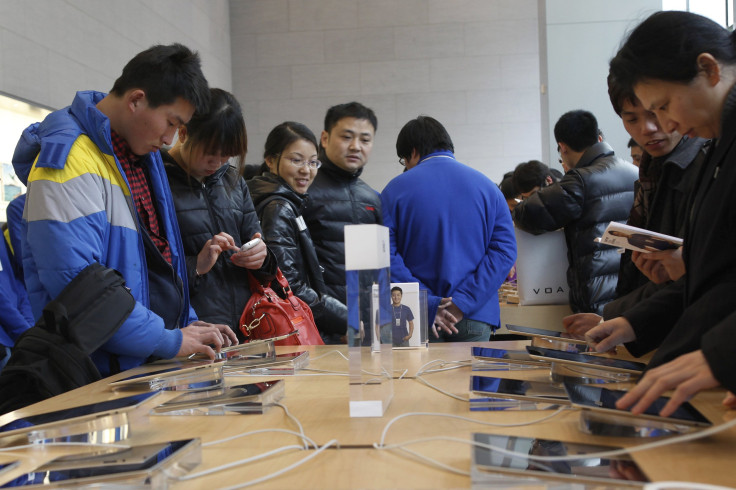Apple Opens First iCloud Data Center In Mainland China With China Telecom

Apple’s Inc. (NASDAQ: AAPL) success in China has prompted the opening of the country’s first iCloud data center on mainland China. The center was a joint project between Apple and a China’s state-owned telecommunications company, China Telecom Corporation Ltd, prompting user concern over data privacy and security.
The new center was launched in hopes of aiding issues of slow iCloud connectivity users were experiencing in mainland China, and required the cooperation of local company, China Telecom to ensure peak performance of the iCloud's data servers. “We have added China Telecom to our list of data center providers to increase bandwidth and improve performance for our customers in mainland China,” Apple said in a statement to the South China Morning Post.
However, China Telecom’s “deep involvement” in the project has raised concerns that the security of data stored in the iCloud could be compromised or even censored. Apple is attempting to quell such fears by announcing security measures have been put in place to avoid such data mining. “Apple takes user security and privacy very seriously. All data stored with our providers is encrypted. China Telecom does not have access to the content,” the statement continued.
According to various experts, encryption and security technology that Apple uses has a reputation of being consistent and reliable in the tech industry. While security breaches by the Chinese government may not be as much of a concern under Apple, some suspect that the China-based data center may have been established to ease concerns of information security of Chinese government data that is being sent back overseas to the US.
“I suspect there could be a deal between Apple and Beijing,” an unnamed Beijing-based Internet security expert told the newspaper. “You move your data center to China, or I will ban the access to iCloud.”
China’s ban on the use of the Windows 8 operating system has been seen as a way for China to have control over information security, especially in an official capacity, particularly in the wake of last year’s NSA spying scandal. Though widely used in China, Microsoft-owned (NASDAQ: MSFT) Windows 8 was targeted because it sends data to cloud centers in the United States. According to a separate report by South China Morning Post, software firms Symantec and Kaspersky Lab have also been banned by the government, also in the name of “national security concerns.”
Earlier this month, rumors swirled that a list of Apple products had been banned for use by government officials because of security concerns. The list included ten Apple products, including the iPad, MacBook Air and MacBook pro, were supposedly no longer approved for use by Chinese officials. China’s Management Procurement Office later came out calling the reports revealed by Bloomberg, citing an unnamed official, either to be “speculation or misunderstanding.”
© Copyright IBTimes 2025. All rights reserved.





















